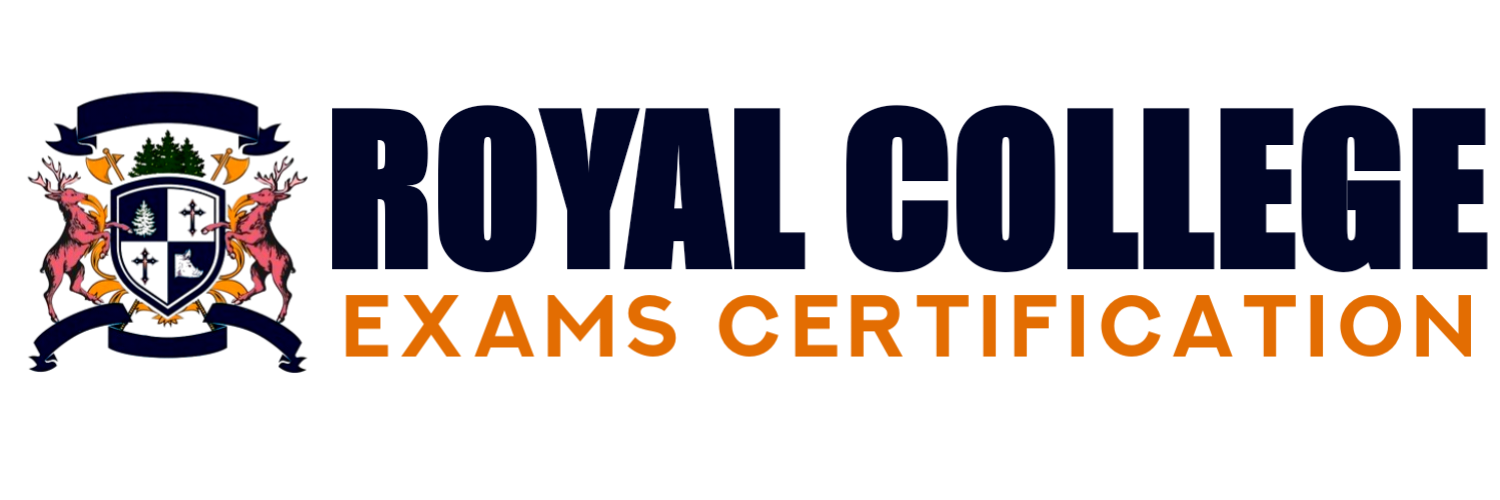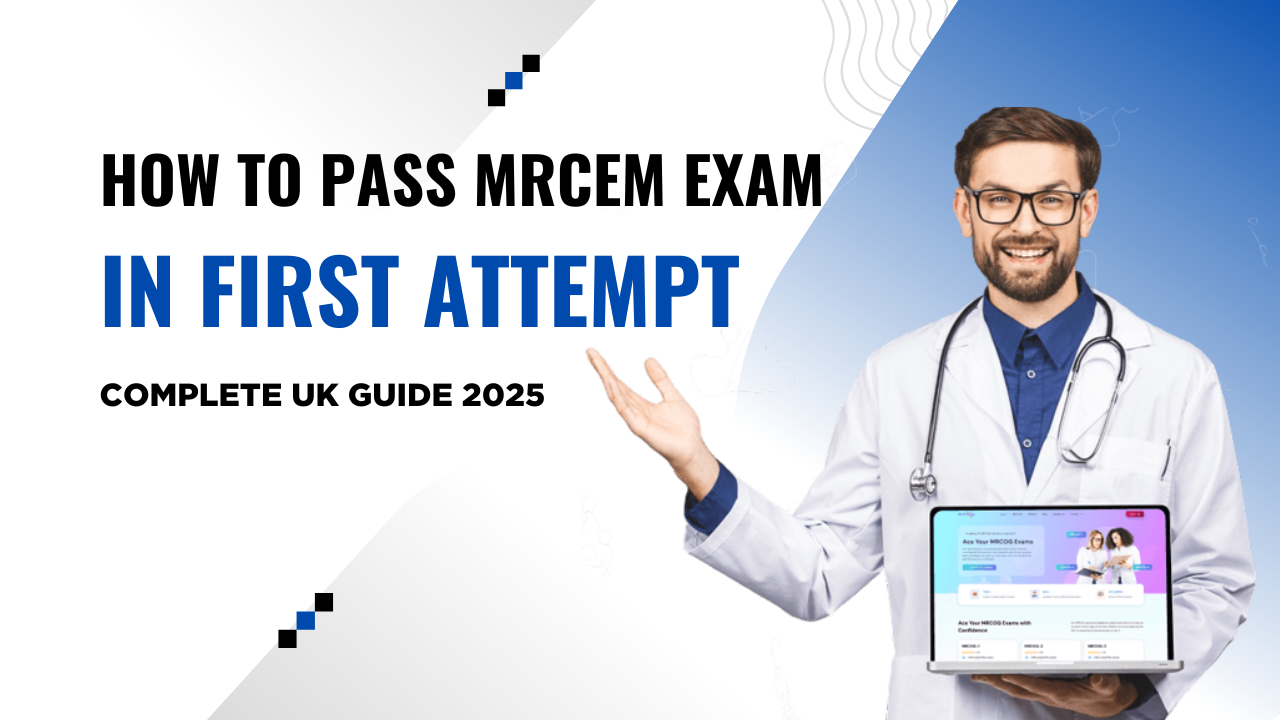How to Achieve a High IELTS Score: Tips and Tricks
How to Achieve a High IELTS Score: Tips and Tricks. Scoring well on the IELTS (International English Language Testing System) can significantly impact your career, educational pursuits, or immigration objectives. Whether your goal is to study overseas, secure a better position, or establish residency in an English-speaking nation, your IELTS score is likely to be a pivotal factor. However, it is important to note that achieving success in the IELTS is not solely dependent on your English proficiency. It involves comprehending the exam format, mastering strategies tailored to the test, and effectively managing your time and anxiety.
This guide is intended for individuals aspiring to achieve a Band 7, 8, or even a 9 in the IELTS. Whether you are just beginning your preparation or have previously taken the test, this blog encompasses all the vital tips and strategies you require.
Familiarize Yourself with the IELTS Format First
Before commencing your preparation, it is essential to understand the structure of the test. The IELTS consists of four components—Listening, Reading, Writing, and Speaking. Each of these assesses different skills and presents its own set of challenges. The Listening, Reading, and Writing sections are conducted on the same day without any breaks, while the Speaking test may be scheduled on the same day or on a different occasion.
There are two versions of the IELTS: Academic and General Training. The Academic module is designed for students who wish to pursue higher education at universities, whereas the General Training module is intended for those seeking employment or migration. The Listening and Speaking sections remain consistent across both versions, but the Reading and Writing sections exhibit slight variations.
Thus, the initial piece of advice? Select the appropriate IELTS version and become acquainted with the precise test format. This alleviates uncertainty and aids in the development of a robust preparation strategy.
Establish a Clear Target Score
Once you understand the format, the subsequent step is to set a realistic score objective. Various universities, organizations, and immigration programs have distinct requirements. For example, certain Canadian PR pathways necessitate specific scores across all four modules—such as 8 in Listening and 7 in the others.
Understanding your target score enables better planning. If your goal is a Band 7 and you are currently around Band 6, your emphasis will be on enhancing vocabulary, grammatical accuracy, and test strategies. Conversely, if you are already at Band 7 and striving for Band 8+, you will need to refine your fluency, sentence variety, and critical thinking abilities.
Take a diagnostic test to assess your current level. Then begin to close the gap.
Develop a Strategic Preparation Timeline
How much time is required for preparation? This depends on your existing level and your target. If you are at Band 6 and aiming for Band 7.5, allocate at least 2–3 months of consistent daily practice. If you are starting at Band 5, you may require 4–6 months or longer.
Aim to dedicate at least 1.5 to 2 hours each day. A well-rounded preparation plan should encompass:
- Daily vocabulary enhancement
- Listening to native-level English (podcasts, news, films)
- Focused reading under time constraints
- Writing essays and letters with constructive feedback
- Speaking practice with a partner or by recording yourself
The essential factor is consistency rather than intensity. It is more effective to study one hour daily for 90 days than to cram for 5 hours over two weeks.
Listening Strategies and Techniques
Many candidates perceive the Listening section as the simplest. However, the test is crafted to mislead you with distractors, shifts in direction, and complex wording.
To excel in Listening:
- Review the questions prior to the audio commencing. Attempt to anticipate the type of answer required – whether it be a name, a number, a date, etc.
- Remain attentive throughout. You will only hear the recording once. If you miss a detail, do not panic. Concentrate on the next question.
- Practice with a range of accents. IELTS incorporates British, Australian, American, and Canadian accents.
- Utilize abbreviations during practice sessions. This enables you to write more swiftly. Just ensure that your writing is clear during the actual examination.
One often overlooked technique? Transcribe brief segments from English podcasts or videos. This enhances your listening skills and aids in recognizing sounds and patterns that you might otherwise overlook.
Reading Strategies and Techniques
The Reading section can seem daunting, particularly with three lengthy passages and 40 questions to respond to within a mere 60 minutes. However, once you grasp how to tackle it, your performance will improve significantly.
Here’s the approach:
- Avoid reading every single word. Employ skimming to grasp the main idea of each paragraph and scanning to find keywords.
- Highlight essential parts of the questions. This keeps you concentrated and minimizes the likelihood of careless errors.
- Become proficient in question types. Understand the distinctions between Yes/No/Not Given and True/False/Not Given. Practice matching headings, completing sentences, and answering multiple-choice questions.
- Time yourself. Ideally, aim to finish each passage within a maximum of 20 minutes.
Reading abilities develop over time. Therefore, make it a daily routine to read articles from The Economist, National Geographic, or BBC and attempt to summarize them in your own words.
Writing Strategies and Techniques
Writing is frequently regarded as the most challenging aspect of IELTS, and justifiably so. It necessitates strong grammar, vocabulary, structure, and the capability to articulate ideas clearly.
In Academic IELTS, you will compose a report based on a graph or chart (Task 1) and an essay (Task 2). In General Training, Task 1 involves writing a letter (either formal or informal).
To enhance your Writing score:
- Plan your responses prior to writing. Allocate 3–5 minutes to outline your main arguments.
- Adhere to a clear structure. For Task 2, include an introduction, two or three body paragraphs, and a conclusion.
- Utilize linking words effectively. Terms such as however, furthermore, although, and in contrast facilitate the flow of your essay.
- Vary your sentence structures. Combine short, compound, and complex sentences to achieve better coherence and cohesion.
Review common grammatical errors. Issues with articles, subject-verb agreement, and tenses can often lead to significant score deductions.
Speaking Tips and Tricks
The Speaking test is frequently the most anxiety-inducing, yet it is also the opportunity for you to excel. The examiner is not seeking perfection; rather, they desire a natural and fluent conversation.
Here’s how to prepare effectively:
- Engage in daily speaking practice. Converse with yourself, record voice memos, or utilize platforms such as Cambly or iTalki.
- Avoid memorizing responses. The examiner will recognize this. Be spontaneous in your replies.
- Elaborate on your answers. Steer clear of one-word responses. Provide reasons and examples, even for straightforward questions.
- Employ a diverse vocabulary. Instead of merely saying good, opt for terms like fantastic, brilliant, or enjoyable.
- Incorporate idioms and phrases naturally. A few well-placed expressions such as once in a blue moon or break the ice can enhance your score—provided they sound authentic.
A highly effective strategy? Practice using cue cards. Prepare responses for common topics like Describe your favorite book or Discuss a memorable trip. Utilize the PREP formula: Point, Reason, Example, Point again.
Common Mistakes to Avoid
Even strong candidates can lose points by falling into these pitfalls:
- Writing essays that are off-topic
- Speaking either too formally or too casually
- Misinterpreting question types in Reading
- Writing below or above the prescribed word limit
- Neglecting to practice under real-time conditions
- Concentrating solely on strengths while disregarding weaknesses
- Becoming overwhelmed by grammar rules instead of applying them effectively.
- Recognizing your weaknesses is half the battle; the other half involves focused and repetitive practice.
Essential Resources to Enhance Your Score
Success in the IELTS examination is significantly influenced by the quality of your preparatory materials. Below are some of the most trustworthy resources:
- Books: Cambridge IELTS series, Barron’s IELTS Superpack, IELTS Trainer
- Websites: IELTS Liz, IELTS Simon, British Council, IELTS.org
- Applications: IELTS Prep, BBC Learning English, Magoosh
- YouTube Channels: IELTS Advantage, E2 IELTS, Fastrack IELTS
- Podcasts: The English We Speak, 6-Minute English by BBC, IELTS Energy
Additionally, utilize Grammarly and Hemingway Editor to refine your writing. Although these tools will not be accessible on the day of the test, they are invaluable for practice.
Final Week Leading Up to the Test
- The final week, specifically the last 7 days before your IELTS examination, is critical. Utilize this time effectively.
- Complete at least two full-length practice tests under exam-like conditions.
- Review grammar rules and vocabulary lists thoroughly.
- Prioritize accuracy over speed in your writing exercises.
- Engage in light speaking practice on a daily basis. Avoid overwhelming yourself.
- Ensure you get adequate sleep, maintain a healthy diet, and steer clear of last-minute cramming.
On the day prior to the exam, refrain from intense studying. Instead, conduct light revisions, go over your notes, and maintain a calm demeanor. A clear mind will yield better performance than a fatigued one.
Concluding Thoughts
Attaining a high score on the IELTS is not merely a fantasy—it is entirely achievable. However, it necessitates a well-thought-out strategy, discipline, and perseverance. Avoid falling for quick fixes or miraculous solutions. Concentrate on consistent improvement, seek constructive feedback, and challenge yourself beyond your comfort zone.
Your IELTS score transcends being just a number. It represents a gateway to global opportunities—be it a superior job, world-class education, or permanent residency. Therefore, approach your preparation with seriousness, have faith in your capabilities, and keep in mind:
IELTS is not a measure of intelligence; it is a measure of strategy.
For More Information
Visit Us : https://royalcollegeexamscertification.com/
Email : Kimlurence@gmail.com
Contact : +447706223505







4 Responses
This guide is incredibly helpful! As someone from Cameroon aiming for a Band 8, I found the writing and speaking tips very practical.
Finally, a blog that breaks IELTS down in a clear and structured way. I’m preparing for General Training and this gave me the confidence I needed. Thank you!
I’ve read a lot about IELTS prep, but this article covers everything—from planning to the final week. It’s like a complete roadmap. Well done!
I started my IELTS prep just last month, and this blog made everything seem so achievable. Especially loved the speaking section tips!